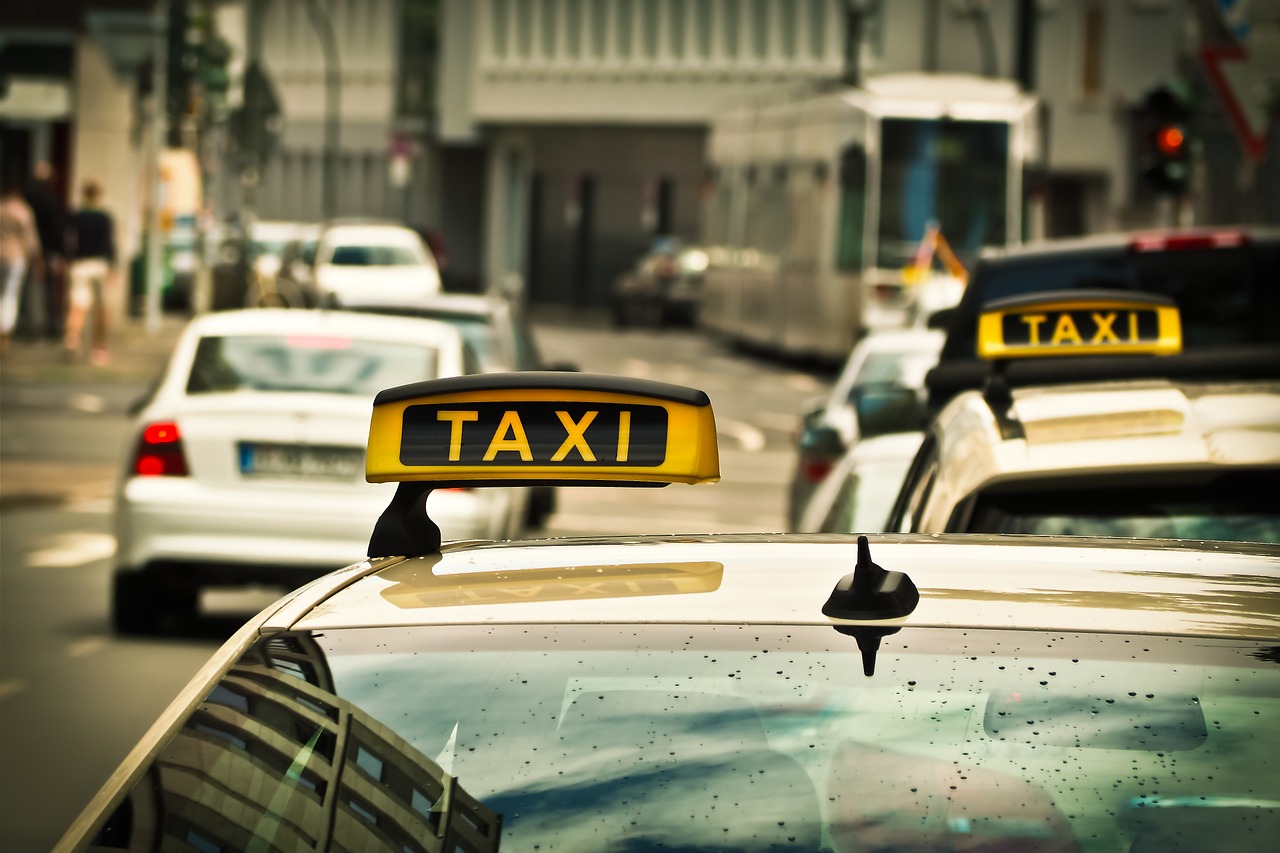
Taxi
A new regulation to be implemented in late August by the Lagos State Government may bring an end to many businesses including ride-hailing services like Uber, Taxify and others.
According to Guardian, under the new regulations, which were earlier scheduled to take effect in March, third-party operators like Uber and Bolt that have over 1000 drivers on their platforms will pay ₦25 million licencing fee and ₦10 million annual renewal fee.
Those that have less than 1000 drivers will pay a licensing fee of ₦10 million and an annual renewal fee of ₦5 million if they have less than 1000 drivers.
Operators who directly own their cars and employ their drivers will pay only the license fee of ₦5 million if such operators have below 50 drivers. Those who have over 50 drivers will pay ₦10 million for the operating license.
E-hailing operators are also to pay 10 per cent “service tax” on “each transaction paid by the passengers” and are mandated to renew their licenses three months before the expiration of the current licence.
The president of the National Union of Professional App-Based Workers Ayoade Ibrahim told The Guardian on Monday that the new regulations put a heavy burden on the drivers and expose them to the whims of ride-hailing companies.
The spokesperson for Lagos State Ministry of Transport Bolanle Ogunlola confirmed that the new regulations will start on August 20. She said the enforcement of the guidelines will not start until after a stakeholder meeting is held.
Ibrahim insisted members of the union are not against the government properly regulating the industry in the state as they have agreed to pay taxes on their income to the government.
A similar arrangement, he said, is in place for the unregulated yellow cab drivers.
But the problem is more than the payment of taxes. The interpretation of the provision of who pays the 10 per cent commission on each trip to the Lagos State Government is also contentious.
Section 4.1 (v) of the new guidelines says: “All operators of e-Hailing Taxi Services must pay the State Government 10% Service tax on each transaction paid by the passengers to the operators.”
Although according to Ibrahim, state officials said the service tax will be deducted from the commission collected by ride-hailing companies, the section does not specify if the tax will be made on the total amount paid by the passengers or the commission paid deducted from such payment by the ride-hailing companies.
The union feared drivers will still, directly or indirectly, pay the service tax even if the deduction is made on commissions payable to the ride-hailing companies.
“If they start collecting the 10 per cent and Uber increases its commission from 25 per cent to 35 per cent can [the] government stop them,” Ibrahim asked.
“[The government] must listen to driver-partners. We are talking of price mechanism, security, and policies that will leverage competition.”
Ibrahim accused Bolt and Uber of shunning, at least, five meetings the drivers’ union had with the state government, the latest of which held last Thursday.
None of the operators, he said, have registered with the government, putting the operations of the drivers at risk. He said Uber and Bolt have told the government that they only provide the technology to connect drivers to riders.
“[Government officials] told us on Thursday that we should tell Uber to come and register with the government,” Ibrahim said.
“I told them I am not in a position to go and tell Uber to come and pay ₦25 million to the government.”
But Ogunlola disputed claims that Uber and Bolt have shunned the meetings. She said representatives of the two companies have met with the state officials.
When The Guardian reached out to the spokesperson for Uber in West Africa, Efosa Aiyevbomwan, he said he cannot comment on the issue and directed our reporter to his colleague Lorraine Onduru. An email sent to Onduru was not immediately replied.
The regional manager (West Africa) of Bolt, Uche Okafor, was also not reachable on phone and an email sent to him was not replied.
In an email sent to The Guardian in February, the Uber spokesperson referred to the Nigerian drivers on the company’s platform as “independent”.
Uber has long maintained that position to avoid paying taxes, charges and other possible payments to drivers. That stance was dealt a blow in March in France after the French Court of Cassation ruled that Uber BV was an employer of a former driver who sued the ride-hailing giant.
The driver sued after his account was deactivated, “depriving him of the possibility to get new reservations.”
A similar order was given against Uber in June by the California Public Utilities Commission. “For now, TNC drivers are presumed to be employees, and the commission must ensure that TNCs comply with those requirements that are applicable to the employees of an entity subject to the Commission’s jurisdiction,” the commission wrote in its order that also affected Lyft and other Transportation Network Companies (TNC).
Uber drivers are also classified as employees of the company in the United Kingdom. The company is challenging that in the UK’s highest court while Bolt is facing litigation that may classify its drivers as employees.
Ibrahim also told The Guardian that the government threatened to force the drivers off the roads using officers of the notorious Vehicle Inspection Services, also known as VIO, until the operators on whose platforms they operate pay the fees.
Ibrahim said the threats were unfair to him and his colleagues.
Four other drivers who spoke to The Guardian on the matter said the government’s threat of clamping down on them for the “sins” of the ride-hailing companies is unjust.
The drivers said they will resist any attempt to clamp down on their operations.
You may be interested
Arsenal To Offer Kiwior In Swap Deal For Super Eagles Star
Webby - December 28, 2024Arsenal are reportedly considering a January move for AC Milan Nigerian international Samuel Chukwueze as Mikel Arteta eyes cover for…

No Club Is Superior To Us –Inter Milan Striker, Thuram
Webby - December 28, 2024Marcus Thuram has said there’s no team superior to Inter Milan as the Serie A giants strike fear into oppositions.The…

Nigeria Vs Ghana Live Blogging – CHAN 2024 Qualifier, Second Leg
Webby - December 28, 2024Completesports.com’s live blogging of the CHAN 2024 Qualifying match between the Super Eagles B of Nigeria and the Black Galaxies…
















![American Pastor, David Wilson Seen Eating The Box Of Woman Who Isn’t His Wife [Video]](https://onlinenigeria.com/wp-content/uploads/2019/10/american-pastor-david-wilson-seen-eating-the-box-of-woman-who-isnt-his-wife-video-150x150.jpg)









